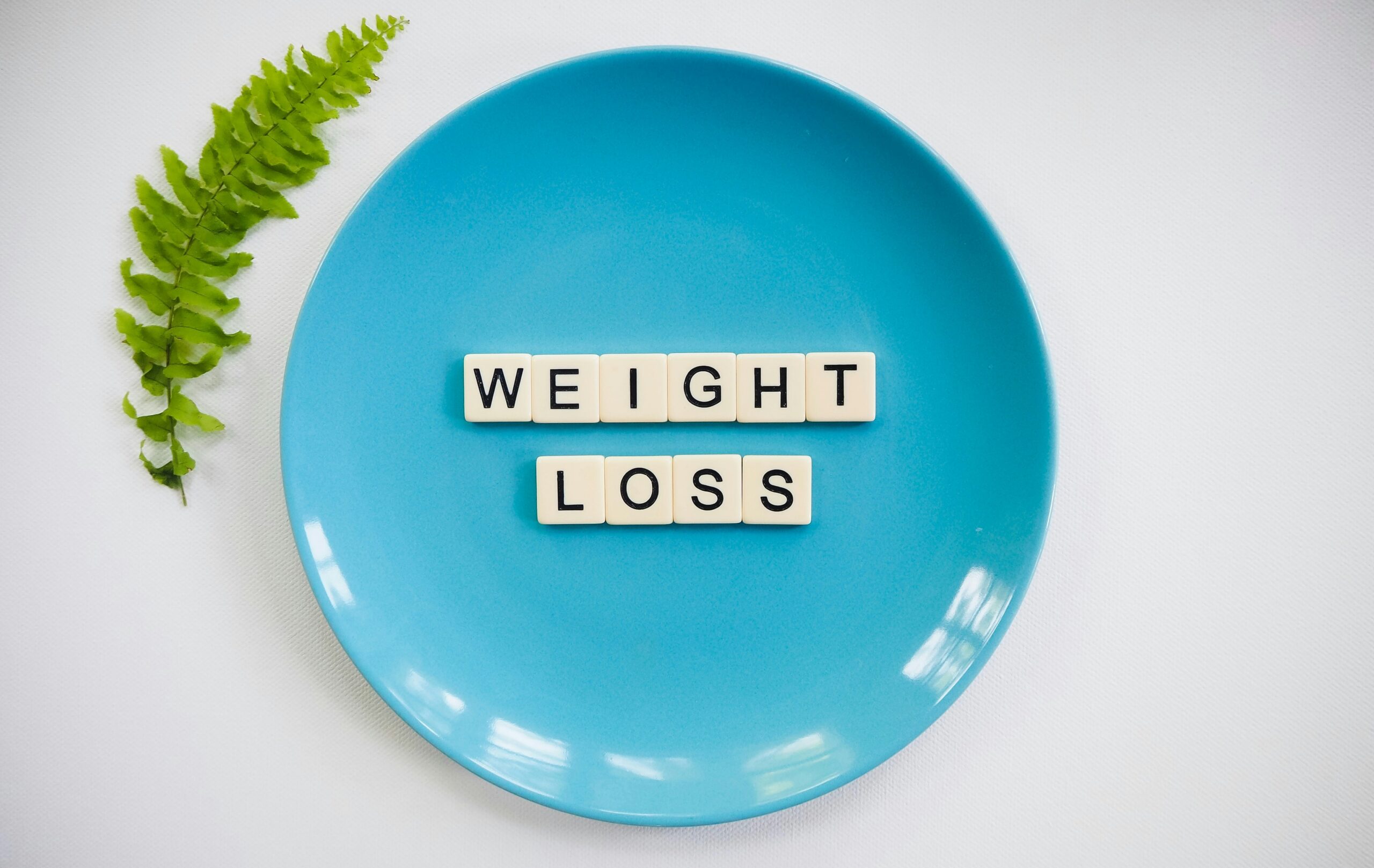Health Mistake: 4 Common Diet Myths That Are Destroying Your Metabolism
Introduction
Looking for better health, millions of people turn to extreme diets, some trendy and many half-hearted. From leaving food to passion on the “low-carb” brand, we have received a stable diet with misinformation disguised as nutritional knowledge. But here is the difficult truth: Many of these so-called “healthy” habits are actually vandalizing metabolism and reducing your long-term health.
Metabolism is not just about how fast you burn calories. It is a complex network of biochemical processes that keep the cells alive, generate energy, and complete the function of your organs. When you interrupt it with misunderstood dietary rules, you not only increase the weight, but you also risk hormonal imbalance, fatigue, and chronic disease.
In this article for the eye, we open four broad dietary myths that look healthy, but which calmly damage the metabolism. More importantly, you learn science-supported truth and practical steps to restore your metabolic health-out-of-Charam sanctions or sticks.
Table of Contents
Myth # 1: Leaving food helps you lose weight (and improve your health)
Imaginary: “If I leave breakfast or dinner, I will eat fewer calories and lose weight quickly.” This argument has provided periodic fixed trends and regular rituals in late evening. Although some forms of timely food can be advantageous, chronic food is a sharp track for jumping over-specially under-eating-passing low-cycling.
Science:
When you walk without food, your body interprets it as a famine. In response, it activates survival mode: Basel metabolic rate (BMR) falls to 15-30% after a few days after a few days.
The production of thyroid hormone (T3) is reduced and breaks the use of cellular energy.
Cortisol (stress hormone) promotes spikes, fat storage, especially around the stomach.
A historical study of the American Journal of Clinical Nutrition found that people who left breakfast had high insulin resistance, a precursor for type 2 diabetes, who ate a balanced dawn was transverse for those who ate a balanced breakfast.
Real Health Fixed:
Fuel metabolism continues. Dimensions for 3 balanced foods during the day, including protein, healthy fat and complex carbohydrates.If you practice intermittent fasting, make sure your diet window contains nutritional food and sufficient calories. Metabolism thrives with rhythm, not a limitation.
Pro Tip: Start the day with a metabolism-friendly breakfast: fried eggs with sliced spinach, avocado and whole-grain toast. This combination stabilizes blood sugar and jump starts fatting.
Myth # 2: All calories are the same – just count them for better health
Imaginary: “You can eat anything until it fits your calorie measurement.” This calorie-centered mindset dominates weight loss apps and training tracks. But reducing the health of a math equation neglects an important truth: 100 calories of broccoli affect your body completely differently from 100 calories of soft drinks.
Science:
Calories measure energy, but they do not tell you how energy affects your hormones, intestinal microbiomes or metabolic efficiency.
Treated sugar leading to spigginulin, fat storage and leptin resistance (hormones that tell you that you are full). Sophisticated carbohydrates cause blood sugar rolls, increase appetite and craves.On the other hand, more energy is required to digest the entire foods (called the thermal effect of food), support the intestinal health and provide the micronutrients required for metabolic functions. Research on cell metabolism has shown that people who eat an ultra-processed diet consume 500+ more calories per day on they entire food diet when it was a food diet.
Match for calories and macronutrients.
Real Health Fixed:
Stop taking into account numbers. Be aware of the quality of the food first. Priority:
White grain on white bread,
Bending protein such as chicken, fish and legumes,Healthy fat with nuts, seeds, and olive oil,
Fiber-rich vegetables and fruits.Your metabolism is not a calculator – it is a biological system that reacts to nutrition, not just in quantity.Pro Tip: Replace one processed snack per day with an alternative to an entire food. Try Greek yogurt with berries instead of a Granola bar. Small changes make major metabolic shifts.
Myth # 3: Fat makes you fat – so avoid it for optimal health
Imaginary: “For better health, cut fat.” This ancient belief comes from the dietary guidelines in the 1980s that blame dietary fat for obesity and heart disease. As a result, low-fat, fat-free yogurt and “lean” food market with sugar to compensate for the lack of taste.
Science:
Dietary fat is necessary for metabolic health. It:
Hormone supports production (including testosterone and estrogen), AIDS in the absorption of fat-soluble vitamins (A, D, E, K), prolongs your longer, reduces the transition, fuels mitochondrial Function (Energy Factory of Your Cells). A study in the lens found that people had medium fat, body fat and worse metabolic markers on low fat diet compared to the diet of medium fat, the whole food. Meanwhile, populations such as the Mediterranean and the Inuit, which use high fat foods, have low rates of heart disease and obesity.Real villain? Trans fat and heavily processed vegetable oil – not natural fat such as avocado, olive oil or nuts.
Real Health Fixed:
Embrace healthy fat. Include: ½ an avocado daily
A tablespoon of olives in a salad
Oily fish (salmon, mackerel) 2-3 times a week
Raw nuts and seeds in the form of snacks
Metabolism goes smoothly when fuel is fuel with the right type of fat.
Pro tips: Make a “metabolic-buzzing” dressing: Mix a pinch of olive oil, lemon juice, garlic, and turmeric. The opponent’s inflammatory, drip on greens for fat and fat distributors.
Myth # 4: An Extreme diet is the fastest way to health and weight loss
Imaginary: “If I do keto, vegetarian or juice for 30 days, I will reset my health and torch fat.”Extreme diets promise rapid results, but they often increase metabolic confusion, muscle loss, and overturned weight.
Science:
Elimination of severe calorie restrictions or entire food groups (such as carbohydrates or fat) forces your body into survival mode. Short-term weight loss often occurs in water and muscles, not fat. Muscle loss reduces metabolic speed – relaxed calories.
Lack of glycogen causes fatigue, fog, and irritability.
Hormonal disruption affects appetite hormones (goldin and leptin), making you crave for high-calorie foods. A journal for the study of the American Medical Association found that participants in extreme diets lost more than 50% in a year, and over almost all five years.
Real Health Fixed:
Sustainable health comes from balance, not on top. Instead of chasing fast reforms:
A flexible food pattern, Practice 80/20 Rules: 80% complete foods, 20% flexibility, Be aware of lifestyle habits, not just weight, Metabolism likes stability. Food it well, continue daily, sleep deeply, and reduce stress.Pro Tip: Try training “Metabolic Flexibility”:An Alternative to low-carb and middle-carb days to teach your body both fat and glucose effectively.
Large Picture: Metabolism Health = True Health
When we talk about health, we often focus on weight, appearance, or short-term goals. But real health -foodabolic health – is invisible. It is measured by:
Stable energy level, Balanced hormones, Normal blood sugar and blood pressure, Healthy cholesterol level, Mental clarity and emotional flexibility. According to research on metabolism, only 12% of American adults are healthy with metabolism: clinical and experimental. This means that 88% of diabetes, heart disease, and the risk of oily skin have increased – often without knowing it.
Good news? Metabolism is adaptable. With the right habits, you can reverse damage, improve insulin sensitivity, and restore energy – no extreme diet is needed.
5 Science-Backed Steps to Heal Your Metabolism
1. Eat protein in every meal
Protein has the highest thermal effect (30% calories are burned during digestion). It also protects the muscles and keeps you complete.
2. Strength trains 2-3 times a week
The muscle is active. More muscle = high rest calorie burning.
3. Prefer sleep (7-9 hours/night)
Poor sleep interferes with cortisol and insulin. One night of poor sleep can reduce insulin sensitivity by up to 25%.
4. Handle stress with breathing or attention. Chronic stress = high cortisol = stomach fat and metabolic recession.
5. Hydrate with water and green tea. Dehydration slows metabolism. Green tea contains EGCG, a compound shown to promote fat oxidation.
Last idea: Stop dieting, start treatment
Lack of permanent health does not exist in dogma, dogma or digital detox. It has proven to understand the needs of your body and reject the myths that have taken you back.
They are not just ineffective – eating four dietary myths – eating food, closing the calories, the fear of fat and extremes. They actively harm the metabolism and long-term welfare.
Instead, choose actual food, frequent fuel, and self-compassion. Metabolism is not destroyed – it is misled. With the right information and habits, you can reset it, revive your energy and build a healthy life that lasts.
Remember: real health is not about fit in a size. It is about being strong, energetic and in accordance with your body. And it starts with metabolism for one meal at a time.
Q1: Does skipping meals help with weight loss?
A: No — skipping meals can slow your metabolism. Regular, balanced meals keep your energy burning efficiently.
Q2: Are all calories the same, no matter the source?
A: No — 100 calories from sugar affect your metabolism differently than 100 calories from protein or veggies.
Q3: Can eating fat make you gain weight?
A: Not necessarily — healthy fats (like avocado, nuts, olive oil) support metabolism and keep you full longer.










